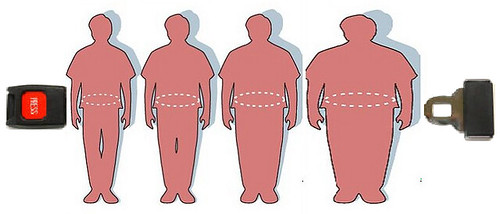 Professor Ehsan used longitudinal Canadian data from the NPHS to estimate the impact of macroeconomic conditions measured by provincial unemployment rate on individual obesity and BMI. In order to estimate the impact, controlling for individual-specific unobserved heterogeneity, he utilizes an advanced econometric model. The study found that unemployment rate had a significant positive impact on the probability of being severely obese. The study also found that unemployment rate significantly increased BMI. However, the study did not find any significant impact of unemployment rate on the probability of being overweight or obese. From a policy perspective, the costs of unemployment should consider including the potential health-related costs, as unemployment rate has a significant positive impact on the probability of being severely obese and also on BMI. Professor Ehsan’s work has been accepted for publication in the prestigious journal Health Economics.
Professor Ehsan used longitudinal Canadian data from the NPHS to estimate the impact of macroeconomic conditions measured by provincial unemployment rate on individual obesity and BMI. In order to estimate the impact, controlling for individual-specific unobserved heterogeneity, he utilizes an advanced econometric model. The study found that unemployment rate had a significant positive impact on the probability of being severely obese. The study also found that unemployment rate significantly increased BMI. However, the study did not find any significant impact of unemployment rate on the probability of being overweight or obese. From a policy perspective, the costs of unemployment should consider including the potential health-related costs, as unemployment rate has a significant positive impact on the probability of being severely obese and also on BMI. Professor Ehsan’s work has been accepted for publication in the prestigious journal Health Economics.

